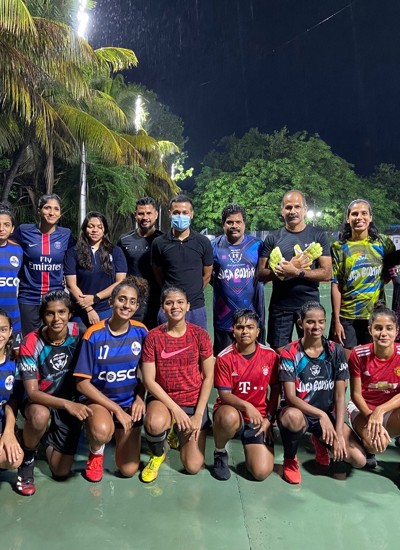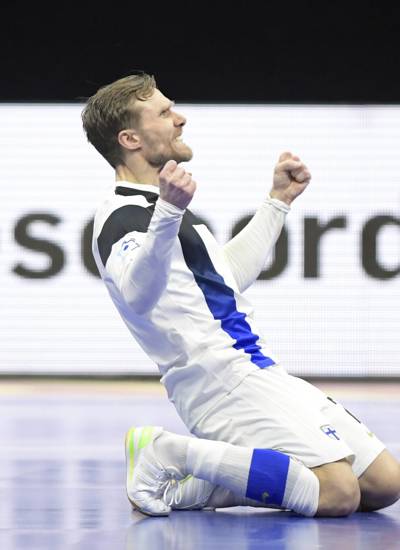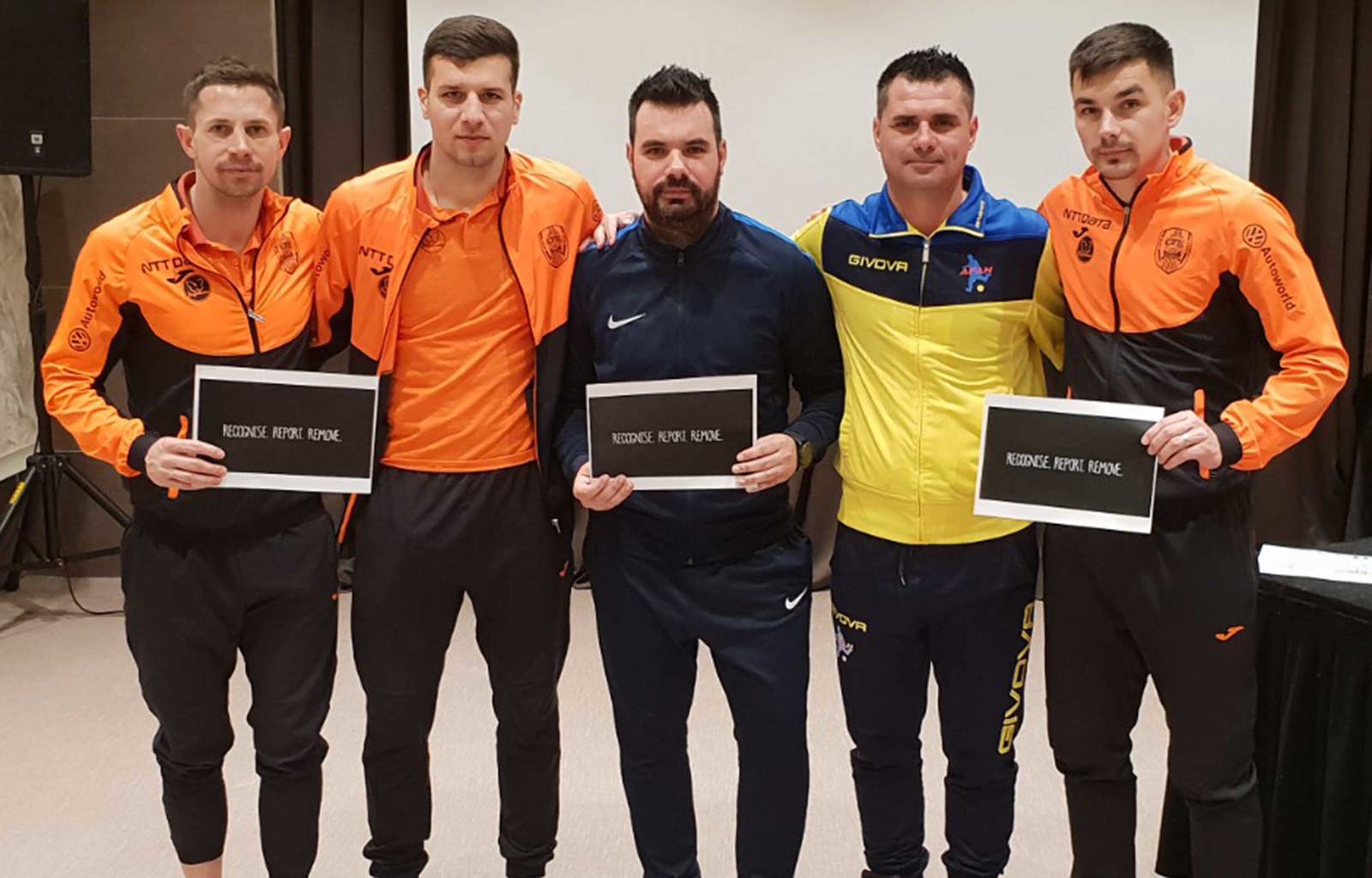
As our name says, FIFPRO is a federation of player unions. Currently, 66 organisations are associated within FIFPRO to support professional footballers worldwide.
In the latest of our Union in Focus series, we look at Asociatia Fotbalistilor Amatori Si Nonamatori (AFAN) from Romania, which has just agreed new standard player contracts.
History
Romanian player union AFAN was established in November 1990 at the end of Nicolae Ceausescu’s dictatorship, by 30 First League players and Vasile ‘Bubu’ Sotir. They were juridically supported by Dumitru Costin, who was – and still is – working for the biggest trade union in Romania (BNS). Sotir became the first AFAN president. He was very close with players, including national team stars such as Gheorghe Hagi and Gheorghe Popescu, whom he too convinced to join the union.
It was a period when players were facing poor working conditions such as non-payment, as current AFAN president Emilian Hulubei explains.
“Those players had two possibilities when they were unpaid: either they gave up the money they were owed by the club to become a free player, or they remained at the club in order to have a chance to receive their money, albeit late,” said Hulubei.
A huge player protest in 2002 saw hundreds of players march to demonstrate against the non-payment issues and the reluctance of the football association (FRF) and the league to take appropriate action.
Hulubei, then a young defender, was there: “More than 400 players joined that march, which led to positive changes in regulations on the status and transfer of players, and to the player union being granted a position in the board of the federation.”
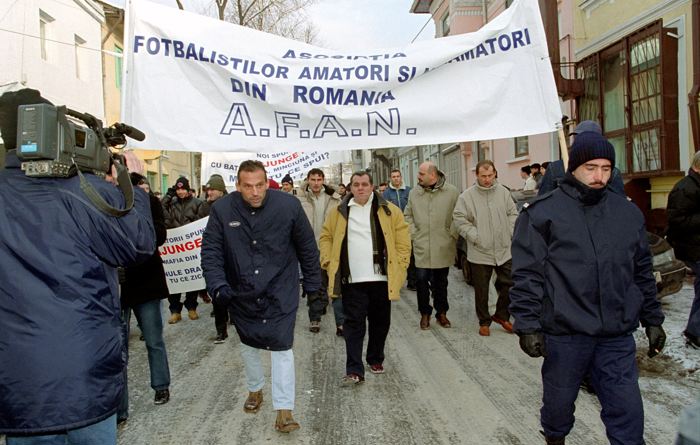
Hulubei started working for AFAN in 2008, one year after Costin had taken control of the player union during a very difficult period for the organisation, as many players had lost their trust due to the behaviour of previous leadership figures.
“Only a few members still trusted the union,” he said. “We had to rebuild our organisation. It was very hard in the beginning. Other stakeholders would not recognise us and didn’t allow us to meet with players.”
Hulubei himself had just finished his career when only 27-years old. “I had a fight with the owner of my club. He entered our dressing room after a loss and started accusing us of fixing the match. When he started punching our goalkeeper, I tried to intervene and then he started pushing me. It was a big fight in the locker room. The police had to come in to stop it.
“I left the club in my outfit and left all my belongings there. I never went back. I burned the outfit.”
When Hulubei had joined the club, the owner never gave him a copy of the contract. “He said that it needed to be registered with the federation first, then I would get it. But I never got it. When I went to the FRF to get my copy, I found out that he had registered a fake contract.”
Hulubei called in the help of the union but lost his case. However, Costin convinced him to start working for the union. “I realised that a lot of players needed help, many of them didn’t know what they had signed. I played for 12 teams in Romania and I have good connections in all teams, because I was always the one asking for the team’s money.”
Hulubei quit his job as a high school football coach and, with Costin, he led AFAN’s revival. “Now we can visit every club from the first and second division without any problem. Everybody knows AFAN, our board, our lawyers, and our staff.”
Current status
1,090 active professional footballers are currently members of AFAN, as well as 2,300 former and amateur players. Hulubei is the president and Costin is the general secretary.
Much to Hulubei’s regret, a huge part of the union’s time is spent on solving player disputes. “This year we already have 435 cases, which is less than last year when we had almost 600. It takes a lot of time, but this year we won all cases except one.
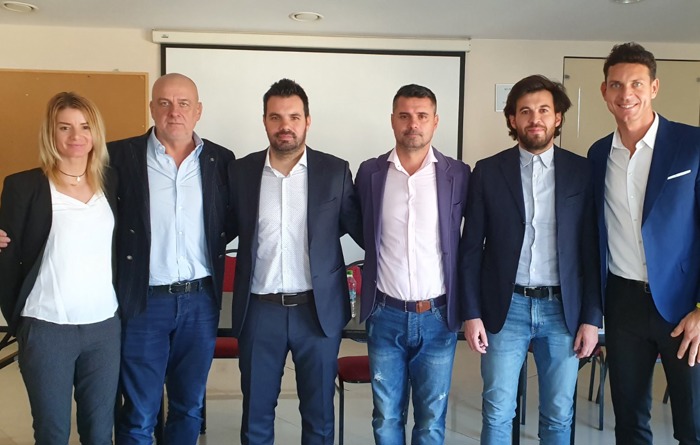
“Most concern non-payment. The clubs don’t pay players on time mostly because of bad management, or because they want a player to leave.”
Hulubei blames the governance structure of the federation which limits the influence of professional teams in the decision-making process. “280 teams are allowed to vote, and only 36 teams are professional. Basically, amateur teams decide.”
Help is on its way: AFAN, with the league and the federation, is about to introduce standard player contracts that should help decrease the number of contract disputes. “We expect to finalise it during the federation’s board meeting on 21 December.”
Goals and challenges
AFAN is also working on additional projects. One of the main initiatives is raising awareness among younger players about the benefits of being a union member. “We want to have more players actively involved with AFAN, not only to support us, but also to make us understand what the players expect from us. We are waiting on European funding to hire extra staff for this project.
Hulubei continued: “We also have an education project to prepare players for their career after football, and we are about to launch a financial literacy program.
“Even though, I spend a lot of time solving disputes, I like my work. I like to defend the rights of the players. I know all the players; I am good friends with many of them. They call me all the time and I help them with their careers, even with divorces, for example.
“As a union, we are on the right path and the players know that we have their back.”

